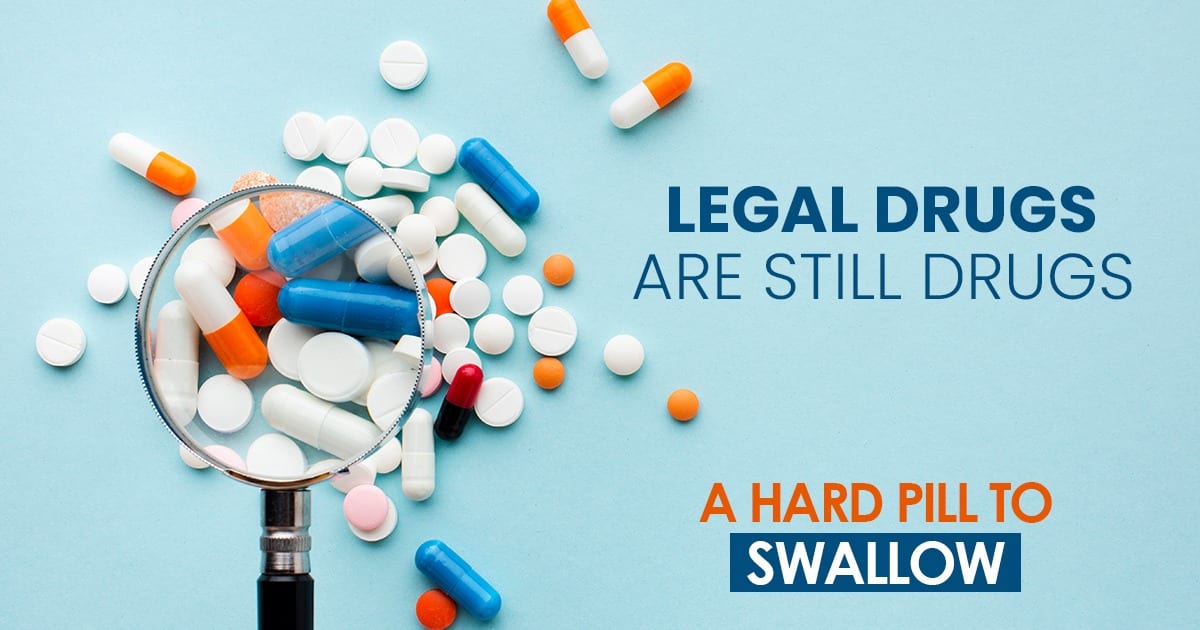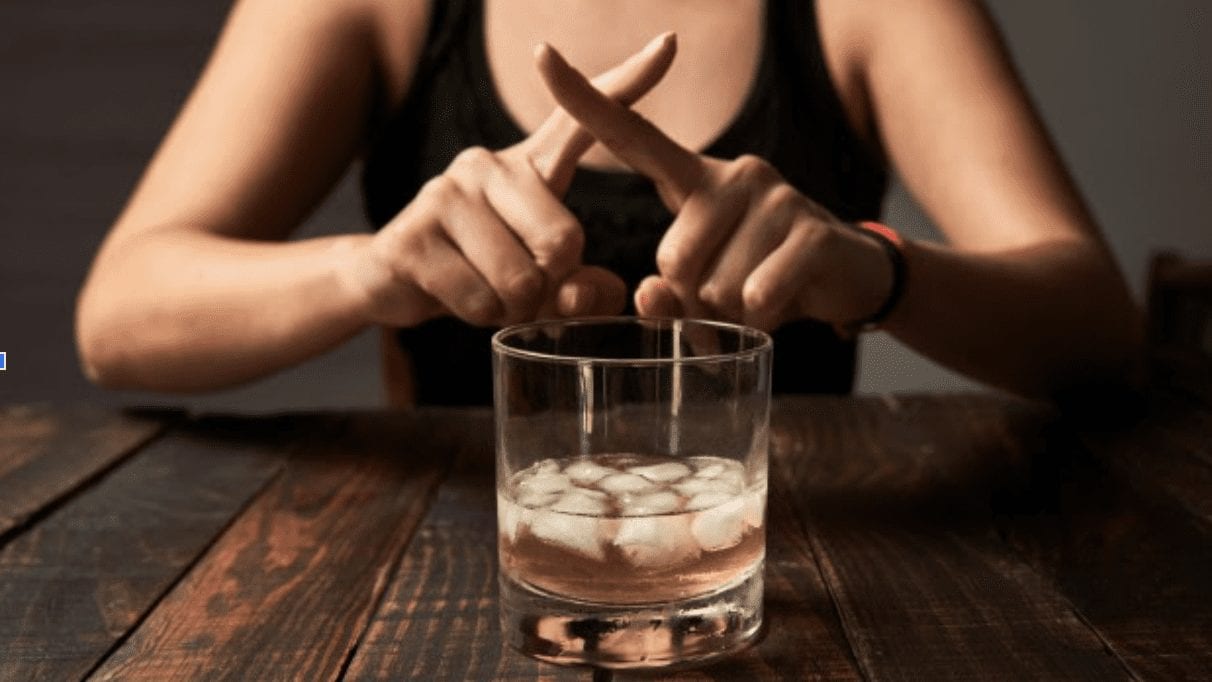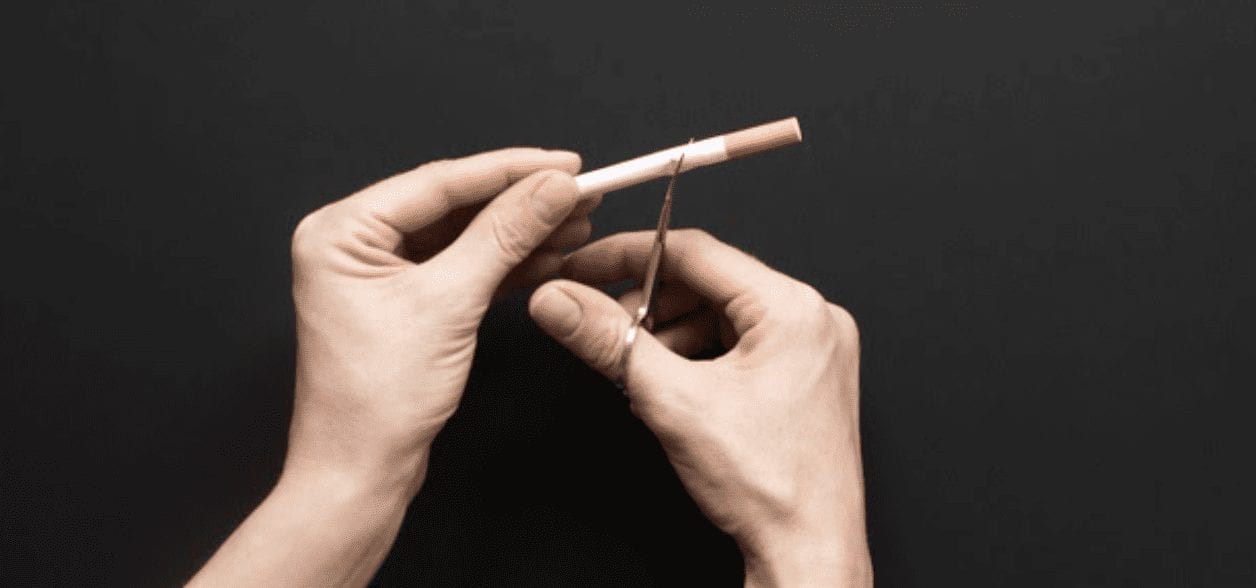
Are legal drugs safer than illegal ones? It’s a question many people ask but often misunderstand. While prescription medications and over-the-counter remedies are designed to improve our lives, their misuse has created a growing crisis. From painkillers to sleep aids, the widespread availability of legal drugs often masks the serious risks of dependency and addiction. Families and individuals across the country are grappling with the devastating impact of these substances, proving that legality doesn’t always equal safety.
If you or someone you love is struggling with the misuse of legal drugs, help is available. Reach out to Anchored Tides Recovery today to take the first step toward healing and recovery.
What Are Legal Drugs and Why Are They Dangerous?
Legal drugs are substances that are regulated and approved for medical or recreational use. These include prescription medications, over-the-counter (OTC) drugs, alcohol, and even nicotine products. While these substances are deemed legal due to their controlled production and distribution, their accessibility can make them prone to misuse. The dangers of legal drugs often lie in their addictive potential and the misconception that their legal status makes them inherently safe.
Common Legal Drugs and Their Risks
1. Prescription Medications:
- Examples: Opioids (e.g., oxycodone), benzodiazepines (e.g., Xanax), stimulants (e.g., Adderall).
- Risks: High potential for dependency, overdose, and addiction when not used as prescribed.
2. Over-the-Counter Drugs:
- Examples: Cough suppressants (e.g., DXM), antihistamines, and sleep aids.
- Risks: Misuse can lead to dangerous side effects, including hallucinations, organ damage, and addiction.
3. Alcohol:
- Examples: Beer, wine, and spirits.
- Risks: Despite its widespread acceptance, alcohol is one of the leading causes of addiction and long-term health issues like liver damage and mental health disorders.
4. Nicotine Products:
- Examples: Cigarettes, vaping products.
- Risks: Highly addictive and linked to respiratory and cardiovascular diseases.
Drug Legalization
The United States right now is in the midst of a transformation regarding how it views legal recreational drugs or “soft drugs.” We are quickly joining countries with more relaxed drug law views, like Portugal. This is in sharp contrast to the ongoing war on drugs waged somewhat unsuccessfully in the U.S. decades ago.
Many states in the U.S. have moved toward the drug legalization of marijuana, although it remains illegal federally. Along with legalizing certain drugs, there are also moves to decriminalize their use and possession.

This is similar to what’s happened in many European Union countries where drugs are legal, technically legal recreational drugs that law enforcement won’t throw you in jail for possessing, but still make significant investments made in harm reduction programs.
While there are countries like Switzerland that are managing legal recreational drugs reasonably well, the U.S. isn’t there yet.
In the United States, as was mentioned, the three deadliest drugs are all legal. These are tobacco, alcohol, and opioids. Heroin and cocaine, two illegal drugs, come in third and fourth respectively when it comes to the deaths attributed to their use.
The Risks of Legal Drugs
While the fear of criminal penalties is not present, the potential for addiction, accidental death, and long-term health problems are all risks of legal drugs. These risks are highlighted more below.
Tobacco Use
Tobacco is a legal drug if you’re 18 and older. It’s also the deadliest in America.
- On average, smokers die ten years earlier than people who’ve never smoked.
- The use of tobacco is the top preventable cause of death in this country.
- Tobacco use accounts for around 1 in 5 deaths annually.

- Smoking is linked to around 20% of all cancers in the U.S. and 30% of cancer deaths.
- Along with cancer, tobacco damages your lungs and increases the chances of developing long-term lung diseases like chronic obstructive pulmonary disease (COPD), pneumonia, and tuberculosis.
- Tobacco products can also affect your heart and blood vessels, reproductive system, and immune system.
- Nicotine is the primary addictive chemical found in tobacco. As is the case with illegal drugs, when you’re exposed to that nicotine, it creates an adrenaline rush and an increase in dopamine. Dopamine activates your brain’s reward and pleasure centers, leading to addiction.
Alcohol’s Dangers
Among legal drugs, the effects of alcohol can be the scariest in many ways. When you drink alcohol, it doesn’t take years for adverse side effects to occur. They can become almost immediately apparent.
- When you include all causes of death associated with alcohol, such as homicides and drunk driving, this legal drug is responsible for nearly 90,000 deaths a year.
- The number of alcohol-related deaths has also been increasing in recent years.
- According to drug experts, when looking at damage to the person using the substance, socioeconomic effects, and the impact on crime, alcohol is the single most dangerous drug.
- Over the long term, alcohol increases your risk of developing most types of cancer including head and neck cancers, esophageal cancer, and liver cancer. Breast cancer and colorectal cancer risks are also increased with excessive alcohol use.
- Alcohol is highly addictive, and you can develop a physical dependence on it as well. Withdrawal, when you’re dependent on alcohol, is among the most dangerous you can go through, compared to all other substances.
Prescription Drugs
The opioid epidemic was fueled initially not by heroin but prescription pain medicines. The Purdue Pharma company was one of the drug manufacturers in the 1990s that pushed their products through aggressive marketing.
- Doctors were encouraged to prescribe huge amounts of prescription opioids. Over the years, it became apparent that these prescription drugs were fueling addictions and overdose deaths.
- According to the Center for Disease Control (CDC), Since 1990, more than 840,000 people have died from a drug overdose, and the vast majority of those involve an opioid.
- Many people who have been prescribed opioids legitimately for pain issues become addicted and then move on to other types of illegal opioids like heroin, which can be cheaper and easier to get.
While opioids like oxycodone and hydrocodone are among the most talked-about addictive and dangerous prescription medicines, they aren’t the only ones.
- Benzodiazepines have a high potential for abuse and addiction also. Benzodiazepines are prescribed to help with sleep and panic disorders and include drugs like Xanax.
- Benzodiazepines slow down the central nervous system and can lead to impaired memory and confusion.
- When combined with alcohol or other depressants like opioids, there is a risk of overdosing.
Another category of legal drugs that are addictive and have a high rate of misuse are stimulants.
- Amphetamine is one such stimulant. Amphetamine is the ingredient in prescription medicines like Adderall.
- These cause drug users to feel focused, energized, and have a sense of well-being.
- These are also addictive and can cause health problems such as high blood pressure, increased heart rate, heart attack, seizures, or stroke.
Marijuana
While drug legalization proponents are pushing for marijuana to be legalized on a national level, that doesn’t mean that it’s not without its risks. In 2018, nearly 12 million young people said they’d used marijuana in the past year.
- In the short term, the effects of marijuana can include impaired memory and thinking, hallucinations, and delusions. Psychosis is also possible.
- Over the long term, marijuana use affects the development of the brain.

- When someone uses marijuana from a young age, it can impact how their brain connections are formed. Some researchers believe these changes could be permanent. For example, a study found that teen marijuana users, aged 12 to 38, lost an average of 8 IQ points per year; even after quitting, their mental abilities didn’t fully return.
- Marijuana can affect the quality of life too. For example, a number of people who are considered frequent marijuana users often report poorer physical and mental health, more relationship problems, and a lower level of satisfaction with their lives.
Other Addictive Substances
Beyond alcohol, tobacco, prescription drugs, and marijuana, things we might use daily aren’t always harmless. For example, we are learning more about the potential for sugar addiction to develop. Sugar affects your brain and your reward centers in the same way as alcohol and drugs. Like alcohol and other substances, sugar also has serious adverse effects on your health.
Another addictive substance is caffeine, the most commonly used drug throughout the world. While it’s relatively rare, caffeine overuse can affect your life negatively and can be dangerous to your health.
Why Are Legal Drugs Addictive?
Many legal drugs act on the brain’s reward system, releasing dopamine and creating feelings of euphoria or relaxation. Over time, repeated use can rewire the brain, leading to dependency. For example:
- Prescription opioids mimic natural pain-relief chemicals, making it difficult for the body to function without them.
- Alcohol lowers inhibitions and anxiety, encouraging overuse in stressful situations.
- OTC drugs may seem harmless but can produce effects similar to illicit substances when taken in large quantities.
Understanding the dangers of legal drugs requires dispelling the myth of their safety. Just because a substance is legal doesn’t mean it can’t have life-altering consequences when misused.
If you want to learn more about the risks associated with prescription or alcohol misuse, check out our blog on prescription drug addiction or our alcohol addiction treatment resources.
Related Articles to Prescription Drugs
Are Legal and Illegal Drugs Both Controlled Substances?
When discussing drugs, a common question arises: “Are legal and illegal drugs both controlled substances?” The answer is yes, but the distinction lies in regulating and classifying them.
Controlled substances, whether legal or illegal, are categorized based on their medical use, potential for abuse, and risk of dependency.
Understanding Controlled Substances
Controlled substances are drugs or chemicals the government regulates to prevent misuse and protect public health. They are classified into five “schedules” by the Drug Enforcement Administration (DEA), with Schedule I being the most restrictive and Schedule V the least.
How Legal Drugs Become Controlled
Legal drugs can fall under the category of controlled substances due to their potential for abuse. For instance:
Legal vs. Illegal Drugs: What’s the Difference?
The primary distinction lies in their intended use and regulation:
- Legal drugs: Approved for medical or recreational use under specific guidelines. Misusing them can lead to severe legal and health consequences.
- Illegal drugs: Banned entirely due to their high abuse potential and lack of medical benefits.
While their legal status differs, both legal and illegal drugs can have devastating effects when abused. Recognizing that both types can be harmful is crucial to addressing the broader issue of substance misuse.
If you’re concerned about the risks of controlled substances—whether legal or illegal—our team at Anchored Tides Recovery is here to help. Contact us today to learn more about treatment options tailored to your needs.
Common Types of Legal Drugs and Their Risks
Legal drugs come in many forms and serve important medical or recreational purposes. However, their potential for misuse can lead to serious health risks, addiction, and long-term consequences. Understanding the common types of legal drugs and their associated dangers is essential to addressing substance misuse and addiction.
Prescription medications are often necessary for treating pain, anxiety, or other medical conditions. However, their misuse can quickly lead to dependency.
- Painkillers (Opioids):
• Examples: Oxycodone (OxyContin), Hydrocodone (Vicodin), Morphine.
• Risks: High addiction potential, respiratory depression, overdose. - Stimulants:
• Examples: Adderall, Ritalin.
• Risks: Increased heart rate, paranoia, dependency. - Sedatives and Tranquilizers:
• Examples: Xanax, Valium, Ambien.
• Risks: Memory impairment, extreme drowsiness, withdrawal seizures.
OTC medications are widely accessible and generally safe when used as directed. However, misuse or high doses can pose significant health risks.
- Cough Medicines (Dextromethorphan):
• Examples: Robitussin, NyQuil.
• Risks: Hallucinations, impaired motor skills, addiction when abused. - Sleep Aids:
• Examples: Diphenhydramine (Benadryl), Melatonin supplements.
• Risks: Dependency, confusion, adverse reactions in high doses.
As one of the most widely accepted legal substances, alcohol carries significant risks, particularly when consumed in excess.
- Common Forms: Beer, wine, spirits.
- Risks: Addiction, liver damage, impaired judgment, increased risk of accidents.
Treatment for Legal Drug Addiction
Legal drug addiction can be as devastating as addiction to illegal substances, impacting physical health, relationships, and overall quality of life. Recognizing the need for help is the first and most important step toward recovery. At Anchored Tides Recovery, we offer tailored treatment options to address addiction to prescription drugs, alcohol, and other legal substances, guiding you or your loved one toward a healthier future.
Our Comprehensive Approach to Legal Drug Addiction Treatment
At Anchored Tides Recovery, we understand that each individual’s journey is unique. That’s why we provide a range of evidence-based and holistic treatment options to meet your specific needs.
Our services include:
- Prescription Drug Addiction Treatment: Addressing misuse of opioids, stimulants, and sedatives with personalized care plans.
- Alcohol Addiction Recovery: Offering detox, therapy, and long-term support for those struggling with alcohol dependency.
- Dual Diagnosis Care: Treating co-occurring mental health disorders alongside addiction to ensure comprehensive recovery.
- Holistic Therapies: Incorporating yoga, mindfulness, and art therapy to heal the mind, body, and spirit.
Why Seek Professional Help?
Recovery from legal drug addiction is not just about stopping use; it’s about addressing the underlying causes of addiction and building a foundation for long-term success. Professional treatment provides the tools and support needed to navigate this challenging journey, including:
- Safe and supervised detoxification to manage withdrawal symptoms.
- Therapeutic interventions to uncover and address the root causes of addiction.
- Aftercare planning to maintain recovery and prevent relapse.
Recovery Is Possible
No matter how overwhelming addiction may feel, recovery is always within reach. At Anchored Tides Recovery, we’re committed to supporting you every step of the way with compassion, expertise, and a personalized approach.
Take the First Step Today
If you or someone you love is struggling with addiction to legal drugs, don’t wait to seek help.
Contact Anchored Tides Recovery now to begin your journey to freedom from addiction. Recovery is possible, and we’re here to help you every step of the way.
Learn more about our services or reach out today to start your recovery journey.























